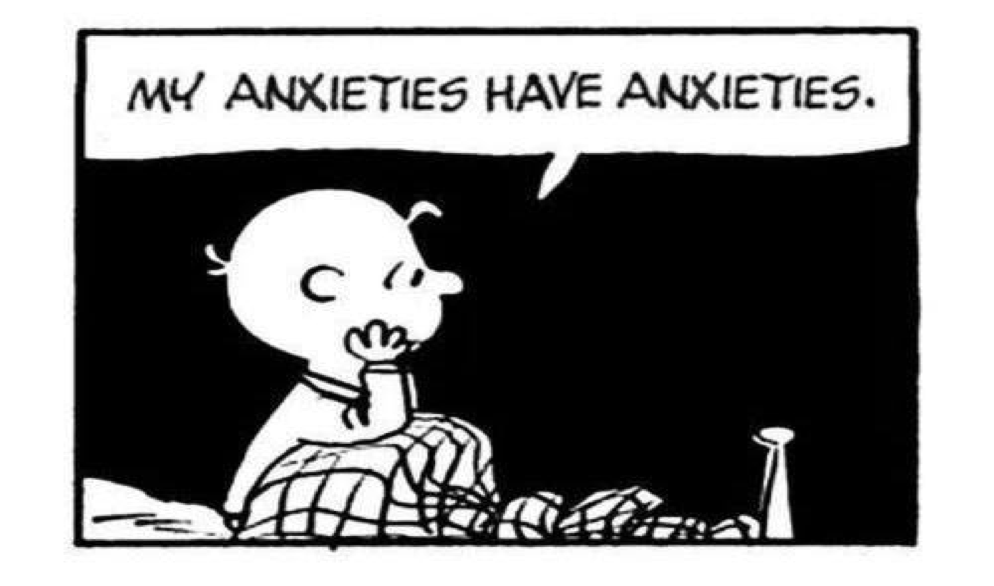Psychological health is an important part of our lives. It affects our moods, emotions, behavior, and social interactions. Not only in our personal lives, but in our professional lives as well. It even has consequences for our physical health. Exercise can boost our energy, make us resilient in the face of hardship, and has many other benefits for your mental health. When we exercise, there are neurochemicals released into the brain. The most important neurochemicals that affect our mental health are endorphins, dopamine, and norepinephrine. These chemicals are associated with better cognitive functioning, alertness, and elevated moods. In addition to releasing “feel good” chemicals, it also helps purge stress hormones from your body, mainly cortisol and adrenaline.
In addition, from a psychological perspective, exercise also gives you a way to distract yourself from stressors. This could be from your boss, a task at work, or any number of personal problems. When the mind has nothing else to focus on, it will drift. Many people can fixate on immediate issues, specific stressful problems, or strong emotional feelings. Thus, exercise can simply give you an immediate task to focus your energy on. So, while this benefit of exercise will not come as a surprise to you, it’s still one of the best, time tested reasons to get out there and get moving.

Exercise and Depression
Studies show that exercise can treat mild to moderate depression as effectively as antidepressant medication, but without the side-effects. In addition to relieving depression symptoms, research also shows that maintaining an exercise schedule can prevent you from relapsing. Exercise is a powerful depression fighter for several reasons. Most importantly, it promotes all kinds of changes in the brain, including neural growth, reduced inflammation, and new activity patterns that promote feelings of calm and well-being. It also releases endorphins, powerful chemicals in your brain that energize your spirits and make you feel good. Finally, exercise can also serve as a distraction, allowing you to find some quiet time to break out of the cycle of negative thoughts that feed depression.
Exercise and Anxiety
Stress and anxiety are a normal part of life, but anxiety disorders, which affect 40 million adults, are the most common psychiatric illnesses in the U.S. The benefits of exercise may well extend beyond stress relief to improving anxiety and related disorders. Psychologists studying how exercise relieves anxiety suggest that a 10-minute walk may be just as good as a 45-minute workout. Some studies show that exercise can work quickly to reduce anxiety in many people. Although the effects may be temporary, they demonstrate that a brisk walk or other simple activity can deliver several hours of relief, similar to taking an aspirin for a headache. Science has also provided some evidence that physically active people have lower rates of anxiety than sedentary people. Exercise may improve mental health by helping the brain cope better with stress. In one study, researchers found that those who got regular vigorous exercise were 25 percent less likely to develop an anxiety disorder over the next five years.
Exercise and ADHD
Research shows that physical activity sparks real, positive changes in the brain that increase attention and improve mood. Exercise is an inexpensive, self-prescribed, and accessible supplemental treatment option for adults and children with ADHD. Exercise is not just good for shedding fat and toning muscles. It can help keep the brain in better shape, too. When you exercise, your brain releases chemicals called neurotransmitters, including dopamine, which help with attention and clear thinking. People with ADHD often have less dopamine than usual in their brain. The stimulant medicines that are often used to treat adult ADHD work by increasing the availability of dopamine in the brain. So it makes sense that a workout can have many of the same effects as stimulant drugs.
Exercise can have the following benefits for adults with ADHD:
- Ease stress and anxiety.
- Improve impulse control and reduce compulsive behavior.
- Enhance working memory.
- Improve executive function. That’s the set of skills needed to plan, organize, and remember details.
- Increase levels of brain-derived neurotrophic factor. That’s a protein involved in learning and memory. It’s in short supply in people with ADHD.

Why is Exercise Important?
Exercise has been researched and validated for treating a variety of mental issues and mental health conditions, including depression, anxiety, eating disorders, bipolar disorders, schizophrenia, addictions, grief, relationship problems, dementia and personality disorders. Additionally, exercise alleviates such conditions as bad moods, stress, chronic pain, and chronic illnesses. Exercise is safe when done appropriately, with a doctor’s approval. Any side effects are ultimately positive, and even better, exercise is free of charge, easy to access, and available for everyone. Exercise can be used as a stand-alone treatment for some mild-to-moderate conditions or, more effectively, in conjunction with other mental health treatments. Like medicine in the treatment of mental illness, exercise can increase levels of serotonin, dopamine, and norepinephrine in the brain. It improves and normalizes neurotransmitter levels, which ultimately helps us feel mentally healthy. Other important benefits include enhanced mood and energy; reduced stress; deeper relaxation; improved mental clarity, learning, insight, memory and cognitive functioning; enhanced intuition, creativity, assertiveness and enthusiasm for life; and improved social health and relationships, higher self-esteem and increased spiritual connection.
Exercises to Boost Your Mental Health
Walking
If you are sedentary and already dealing with mental health problems, you might want to consider walking. This is the simplest form of physical exercise, yet it is highly beneficial for mental health, helping you fight the symptoms of depression in an efficient manner. It is easy to perform, improving your mental wellbeing, and quieting down those upsetting thoughts. When you take a nature walk, for example, you are not only filling your lungs but also your brain with oxygen. Healthy neurotransmitters are released in the brain, improving your overall mood, and helping you feel better in an instant.
Running
For a long time now doctors have drawn attention to the benefits of running, especially about the health of the heart. However, it was only recently that running began to be presented as a solution for those dealing with mental health problems. Practiced on a regular basis, running can improve one’s general mood, as it stimulates the release of happiness hormones, serotonin, and dopamine, at the level of the brain. Moreover, running allows one to easily enter into a state of relaxation, eliminating negative or repetitive thoughts without any effort whatsoever.
Yoga
The ancient practice of yoga can have a wonderful effect when it comes to mental health, being beneficial not only for those who suffer from depression but also for those diagnosed with anxiety or neurosis. Practiced on a regular basis, it reduces the overall levels of stress, helping the practitioner reach new levels of mindfulness. At the same time, it can improve the overall cognitive functioning, so you do not have to ask yourself how to improve memory anymore. Yoga allows one to concentrate on breathing while slowing down and calming an otherwise agitated mind.

Hiking
Hiking is a great way to improve your perspective on life and fight problems such as anxiety or depression. When you find yourself in the forest, taking all that fresh air in, you are actually calming your mind and re-discovering the things that are important in life. Nature immersion is an excellent therapy for mental health problems, so do not hesitate to try out hiking on a regular basis. You will see that you feel less anxious or depressed. Moreover, you will enjoy better cognitive functioning.
Swimming
Remember when you were a little kid and you could not wait to get to the pool? Return to those happy times as an adult and try swimming, as it is an excellent exercise for both the body and the brain. We all enjoy being in the water, having the most relaxing time while swimming. While you are swimming, you are too busy concentrating on the activity at hand, so negative thoughts can be eliminated. Moreover, swimming is beneficial for the body as well, helping you maintain an excellent level of fitness.
Dancing
Dancing is one of the pleasures of life and, at the same time, an excellent type of physical exercise. When you hear your favorite music, and you begin moving your body in that rhythm, nothing else matters. You are transported into another world and, suddenly, your negative thoughts diminish. Dancing increases the level of self-esteem, being particularly recommended to those who suffer from anxiety or depression. It is fun, easy, and allows you to get in touch with your relaxed side.

Interested in learning more ways to lift your mood?

